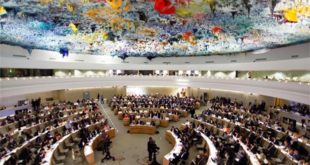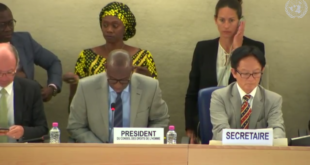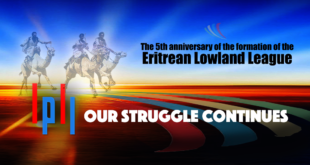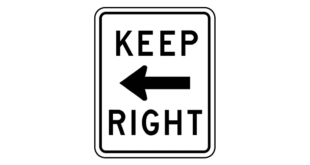–
Hamid Ibrahim
Saleh Mahmoud’s peaceful life was shattered when he joined the fight for Eritrean independence.
Four decades ago Saleh Mahmoud was a young man, tending to his crops and cattle in Hokat, a city in central Eritrea. He heard reports of battles between the Eritrean Liberation Front and the Ethiopian emperor’s forces and decided to join up.
“My contemporaries and I longed to free ourselves from Ethiopian colonialism. Following a short training course I became a fighter in the ranks of the Eritrean revolution. We fought many battles and had many victories, defeats, and disappointments.
I fought with the Eritrean liberation forces for more than two decades until I found myself on the other side of the border in Sudan. Following divisions among the revolutionaries I decided to leave. Along with some comrades, I refused orders to spill the blood of fellow Eritreans described as “enemies”. This flew in the face of what we had fought for: the freedom and dignity of all Eritreans.
In Sudan we were put in a camp for Eritrean military refugees in the Gargar area run by the Sudanese Armed Forces. We handed over our weapons. Eventually I officially became a refugee and was given ID documents that granted me certain rights – all except the right to do what I really wanted: leave the camp.
Refugees cannot move or relocate without a permit from the authorities, which takes time, effort, and contacts, so I slipped away in 1986 and went to the nearby city of Kassala.
Without qualifications, the only employment I could find was working as a security guard for very low pay. I had trouble getting used to the new society. My military background means I reject humiliation or mistreatment. I refused to let anyone look down on me or call me a refugee.
This attitude got me into difficulties, including a knife fight with members of the Sudanese police who provoked me by calling me a refugee. I lost my temper and wounded some of them. I lost my job and was sent to prison for two months.
I’ve had different jobs since – working as a waiter, a security guard, and now, a decade on, I’m a street vendor, selling plastic goods, especially jugs. My work is tiring – I have to carry the goods on my back through crowded markets – but it brings in enough to cover my needs.
During my time as a refugee in Sudan – some thirty years – I have never considered getting married. I don’t want to have children with no rights. Also, I have never felt capable of providing the food, clothing and education that a family would need. That’s no simple matter for someone like me, who lacks a proper education and skills other than raising cattle and domestic chores.
Most of those who came with me to Sudan, including some of my relatives, are better off than me. Some of them emigrated to European countries or places like Canada and Australia, others sorted themselves out here and got Sudanese citizenship. Most of them raised families and gave their sons and daughters an education.
I couldn’t travel and don’t want to apply for official papers, even though I belong to a tribe with branches in both Sudan and Eritrea, the Bani Amer. Getting the Sudanese citizenship would require me to provide false documents and to say I was born in Sudan. That’s something I absolutely refuse to do because I am Eritrean and I’ll remain Eritrean until the day God inherits the earth and all those upon it.
My only hope is that one day I may return to my village. With all my heart I long to go back and be buried in the ground alongside my fathers and forefathers.”
–
Source: TheNiles
 ELL Eritrean Lowland League
ELL Eritrean Lowland League





